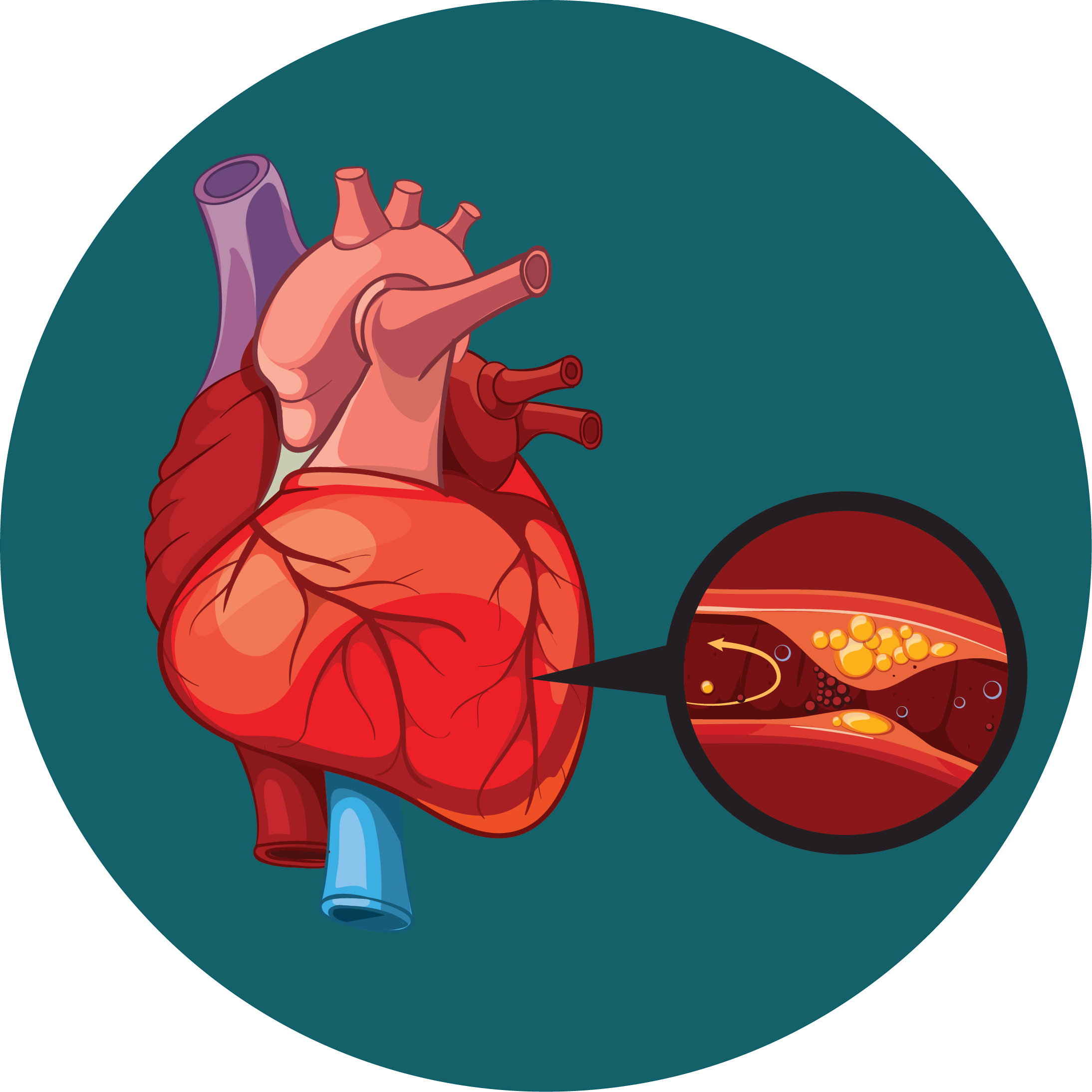Heart Disease Resources
People of all ages need to keep their heart healthy. Eating well, exercising regularly, and seeing your health care provider can help you keep your heart healthy. Work with your healthcare provider and adopt good lifestyle habits to help lower the risk of heart disease.
Heart disease describes conditions related to plaque building up in the walls of the arteries. Other conditions include arrhythmia (abnormal heart rhythms), congenital heart failure, and heart valve problems.